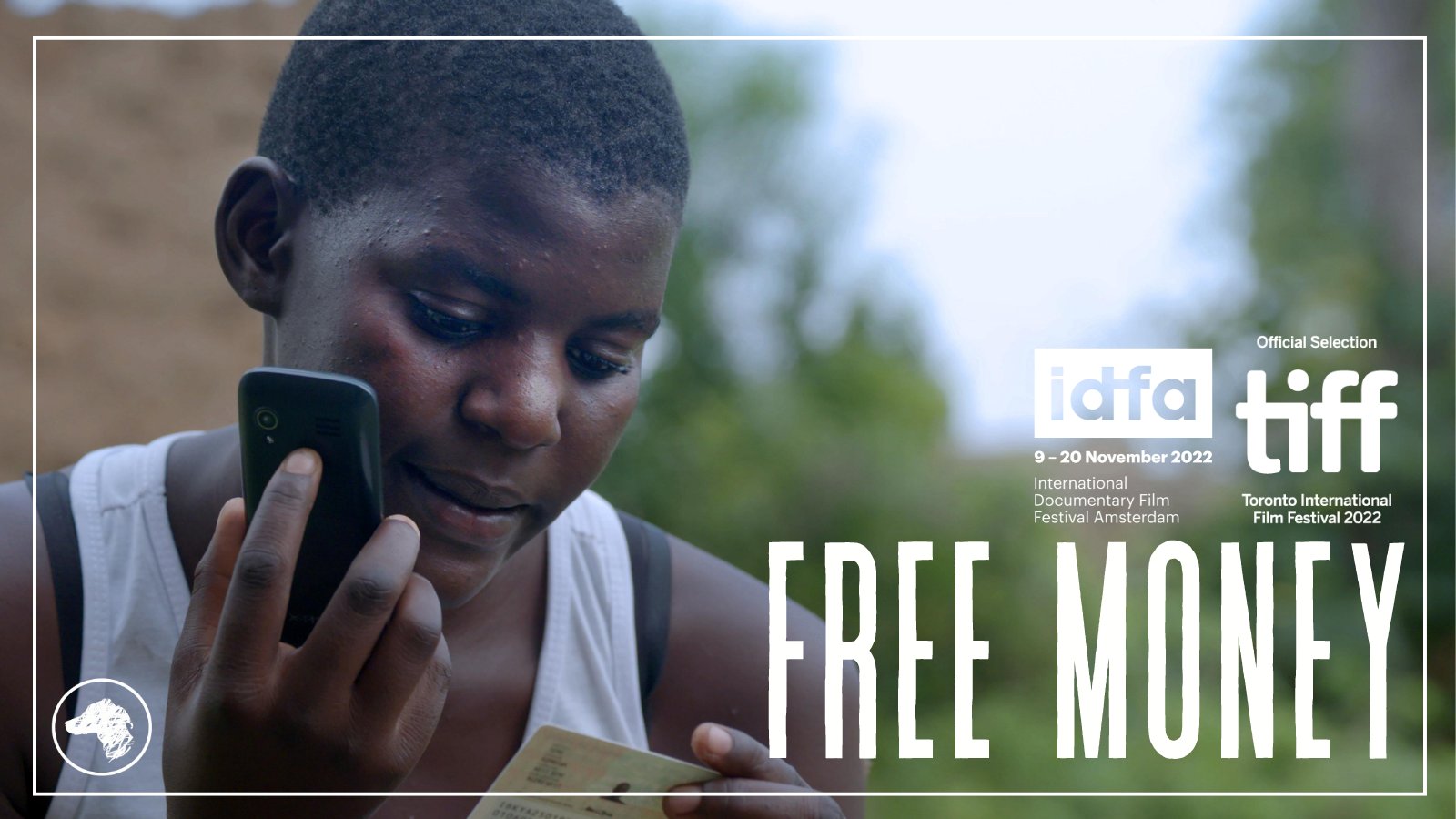
Free Money is a documentary following a pilot scheme in Kenya to give every adult in a village universal basic income. It follows the recipients for 5 years to examine the long-term impact it has on their lives, the good, the bad, and the unexpected.
Right, so like this film, I’m not gonna go over the basics of this topic, how aid is intrinsically tied to the perpetuation and legacy of colonialism, how it reinforces those established power dynamics, and the multiple ways in which it has had damaging effects both in specific cases but also generally. The film doesn’t need to recap how decades of aid in its billions has somehow not brought an end to economic and social injustice, almost as though throwing money at problems doesn’t solve them. One of the biggest issues in international aid, as with so much else, is the people with money don’t experience the problem, and the people who experience the problem don’t have the money. So Give Directly decides to cut the Gordian knot by simple allowing people’s donations to go directly to people in need in cash form.
Sounds too good to be true! So simple, poor people getting money? Redistribution of wealth? Who wouldn’t want that? I mean, the usual bampots, but among decent people, who wouldn’t want that?
Here’s the problem with that. Charity doesn’t exist in a vacuum. No one steps outside of our racist, imperialist, capitalist systems when they engage in charitable giving and work. All of that is still at play. And it can be seen really clearly in why and how this pilot scheme is created.
The founder of Give Directly seems like a fun nice guy. Studied economics and international aid at Harvard, and found that a huge amount of money pours into NGOs but the quantifiable impact of what comes out is frequently marginal, certainly far less than the stated goals, and in many cases mixed with unanticipated negative outcomes. Universal basic income is an idea that has taken up interest among the left in the States, what would that look like as an aid model? And unlike other interventions, would it have a quantifiable, measurable impact?
And here we get to the nub of the matter, because what this pilot scheme is, at base, is an experiment. To suss out if universal basic income has any negative unanticipated effects, before we try it on white urban Westerners, we will try it on Black rural Africans. Because we can. Because we have the money and the power and they don’t. Because it’s the accepted dynamic that they are done-to. Because if anything goes wrong, it’s not like they’ll have the power or the money to do anything about it. Because if anything goes wrong, they’ll be expected to just be grateful for anything they get. Because if anything goes wrong, then it’s only happening to them. Because colonialism and aid are so intertwined we don’t think twice about making Africa a playground for our own social experiments and economic projects.
So what does happen when you directly give people money? Well, the obvious good that you would expect – being able to buy food, being able to pay school fees, being about to keep your motorbike running, being able to repair your house, being able to install electricity and clean drinking water. All that really impactful stuff you hope for when you set up an aid project. It’s absolutely fair enough to point out that none of that is to be sniffed at.
But when you build an experiment, you need a control group. In this case, the control group is all the villages in the surrounding area. And what happens to a community when people who were experiencing the same hardships suddenly become a group of have and have-nots? What happens in the religious life of that community when some people feel like their prayers are being answered and some are not? What happens in families, between friends, when some people are able to pursue their education and see a better future for themselves, and others have those opportunities withheld from them?
At the beginning of the film, skeptics in the village remind everyone, there’s no such thing as free money. And they’re right. But no one could know what they would pay for it.